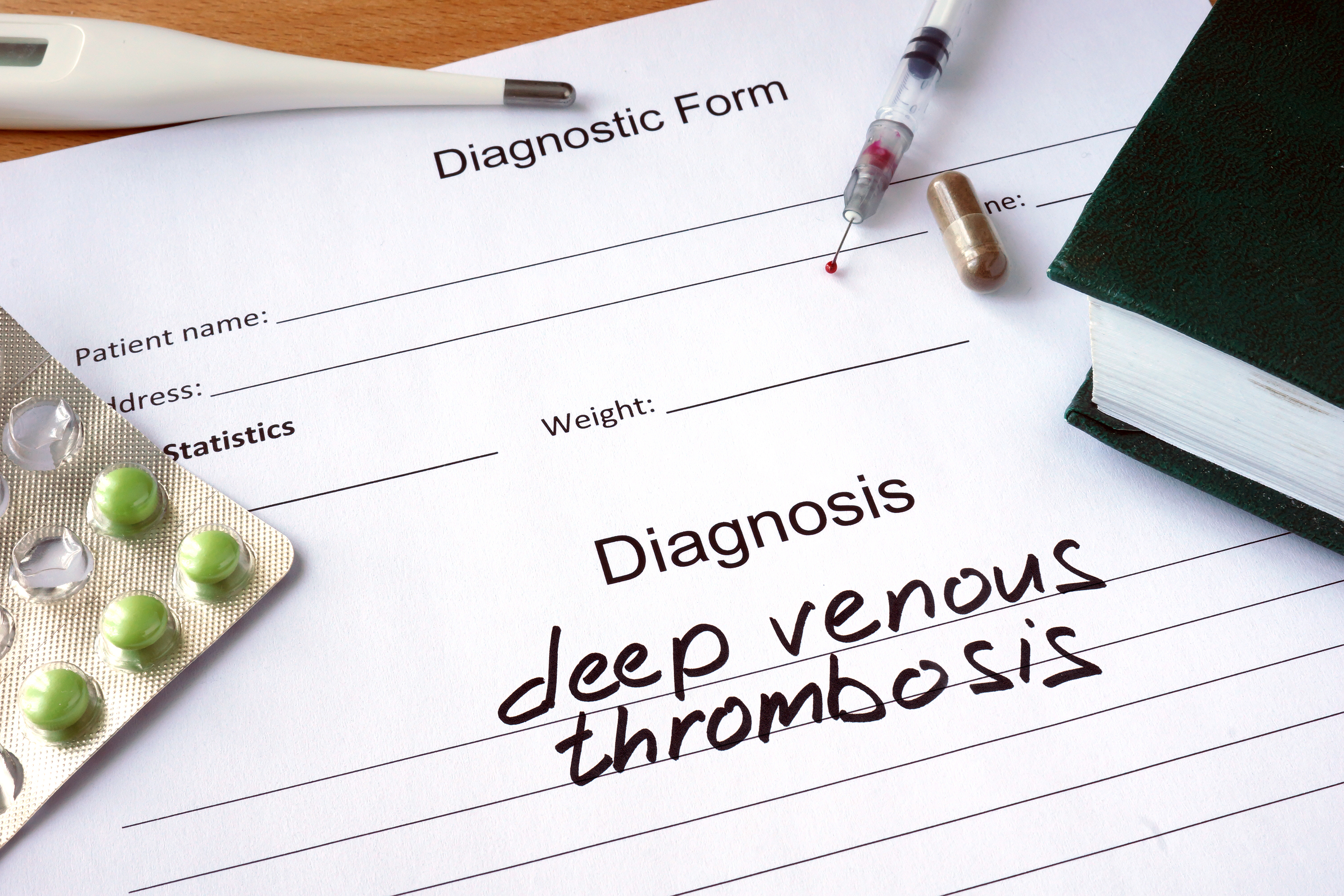-
March Is Deep Vein Thrombosis Month
Posted on March 1, 2016 by Vein Admin in Associated conditions Deep Vein Thrombosis (DVT) affects thousands of people and on average, 274 people die every day from a blood clot. These blood clots don’t discriminate. They affect everyone just as equally, which is quite terrifying. The good news is that blood clots can be prevented through simple lifestyle changes.
Deep Vein Thrombosis (DVT) affects thousands of people and on average, 274 people die every day from a blood clot. These blood clots don’t discriminate. They affect everyone just as equally, which is quite terrifying. The good news is that blood clots can be prevented through simple lifestyle changes.Because knowledge is key to the prevention of DVT, March has been designated Deep Vein Thrombosis month. This gives attention and a voice to organizations that want to educate the public on the risks and how to avoid becoming a victim.
Know your risks.
- Major surgery – especially anywhere that these deep blood clots tend to form which is the leg, knee, and pelvis areas.
- Hospitalization or severe trauma
- An increase in estrogen due to pregnancy, taking birth control hormones or estrogen replacement therapy
- Chronic illnesses such as heart disease, cancer and lung disease have all been associated with blood clots
- Family History – if anyone in your family has had blood clots, you are at a higher risk than the average person.
- Obesity – the insufficient support given to the veins due to the added weight on the body can make you more susceptible to DVT
- Vein Injury
- Sitting too long – if you sit for more than four hours without moving, are paralyzed or immobilized, you’re at risk.
Signs of DVT:
It has been found that half of the people who have DVT do not show any symptoms. But, these indicators are what you will want to look for:
- Swelling of the leg or arm
- Redness of the affected area
- Pain or tenderness of the affected area (some describe it as a cramping feeling like a Charlie horse)
If you think that you have a DVT, call 911 and get to an emergency room as quickly as possible.
Treatments & Prevention:
- Medications can be used to both treat and prevent blood clots
- In severe cases and emergency situations, surgery is an option
- Compression stockings might be prescribed to help support your veins.
- Wear loose-fitting clothing
- Exercise your legs if you are in a situation where you sit or stand for long periods of time.
- Get up and move around every two hours
There is no mistaking that a DVT can be life threatening. Those who find themselves in the risk category should definitely talk with their doctor. Having open communication with your physician is key to staying healthy.
Visit us at www.EveinScreening.com for your FREE Online Vein screening and evaluation. Or give us a call 239-691-VEIN.





